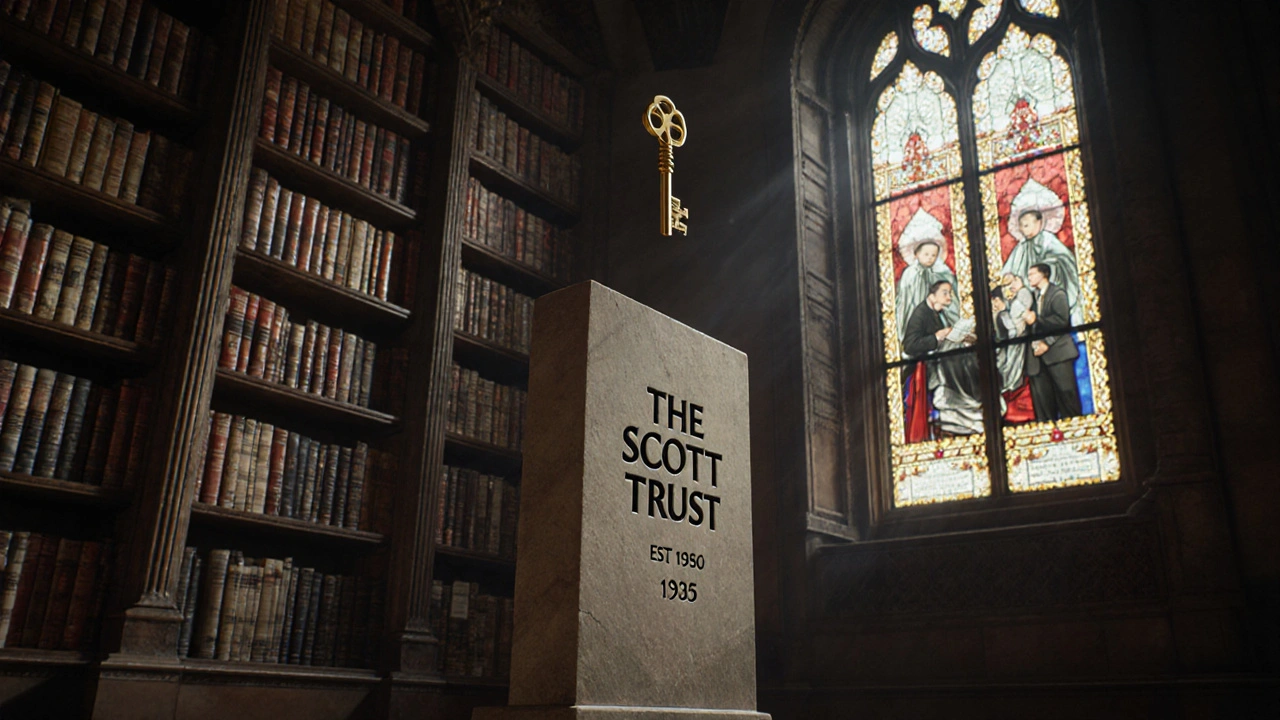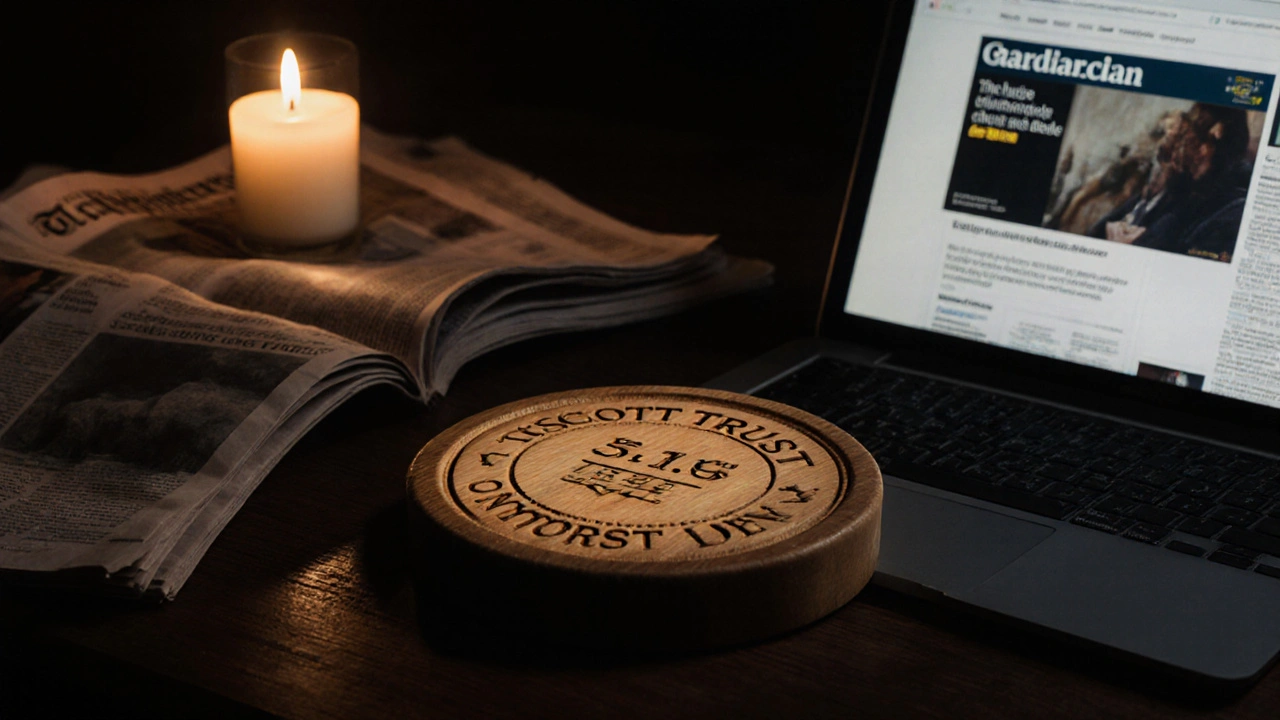The Guardian ownership: Who really controls the UK's most trusted news source?
When you read The Guardian, a major UK newspaper known for its independent journalism and no-paywall model. Also known as The Guardian newspaper, it's one of the few major news outlets in the UK not owned by a billionaire or a public company. That’s not an accident. It’s by design. The Guardian is owned by the Scott Trust Limited—a legal structure created in 1936 to ensure the paper stays free from commercial pressure, political influence, or profit-driven agendas. Unlike the Daily Mail, owned by the Daily Mail and General Trust, or the Daily Express, controlled by the Northern & Shell group, The Guardian’s mission isn’t to chase clicks or push a partisan line. It’s to report the truth, even when it’s uncomfortable.
This structure shapes everything you read. No shareholder demands mean they can run long-form investigations into government surveillance or corporate tax avoidance without worrying about ad revenue dropping. No owner with a personal agenda means they don’t have to smear immigrants, exaggerate crime stats, or downplay climate science to please a billionaire’s worldview. That’s why The Guardian is consistently rated the most trusted news source in the UK—even as other papers lose readers and credibility. The Scott Trust doesn’t just protect the paper’s finances; it protects its integrity. And that’s rare. In a world where media ownership is concentrated in the hands of a few, The Guardian’s model is a quiet rebellion.
It’s not perfect. Critics say it leans left, especially on social and environmental issues. But data shows its bias is far less extreme than outlets like the Daily Mail or The Sun. Its reporting on Brexit, NHS funding, and housing crises is grounded in data, not opinion. And because it’s funded by readers, not ads, it doesn’t need to turn every story into a screaming headline. You won’t find clickbait like "You won’t believe what happened next!"—just clear, fact-checked reporting. That’s why millions of people pay for a digital subscription, even though the content is free. They’re not just buying news. They’re buying independence.
That’s why when you see stories here about UK politics, climate policy, or social justice, you’re seeing journalism that’s designed to serve the public—not a boardroom. The Scott Trust doesn’t own The Guardian to make money. It owns it to keep truth alive. And in a time when local newspapers are vanishing and misinformation spreads faster than facts, that’s not just different—it’s essential. Below, you’ll find a collection of posts that dig into what this means for readers, how it compares to other UK outlets, and why ownership shapes the news you trust.
Who Actually Owns The Guardian? The Unique Trust Behind the News
The Guardian is owned by the Scott Trust, a nonprofit established in 1936 to protect editorial independence. All profits fund journalism, not shareholders. Reader revenue now makes up 64% of income, making it one of the few sustainable models left in global news.
Who Owns The Guardian? The Full Story Behind the Newspaper's Ownership
The Guardian is owned by the Scott Trust, a nonprofit established in 1936 to protect its editorial independence. Unlike other major newspapers, it has no corporate owner, no billionaire backer, and no profit-driven agenda.

